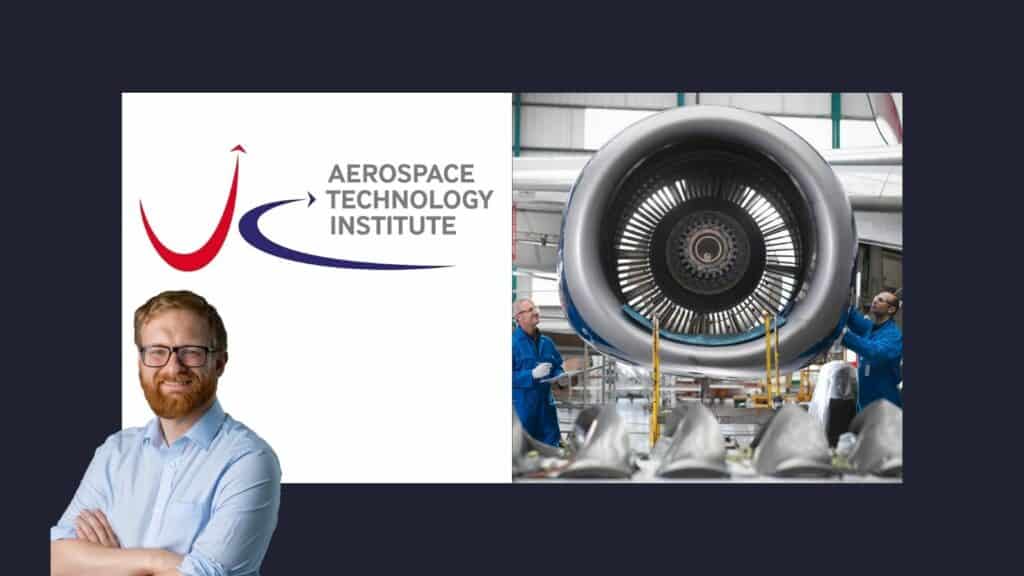Professor Jeremy Watson, President of the Institution of Engineering and Technology, makes predictions for future technology and wonders how this might impact us as a society?
Science and Engineering – looking over a longer horizon
28 Nov 2016
Given the rate of progress in Science, Engineering and Technology over the past thirty years, and how technologists’ distant aspirations have become commonplace – super-computers in our pockets and flat-screen high-definition TV – looking the same distance into the future is very hard. The ‘high water mark’ of different technologies has reached very different levels. The ratio of capability, ‘then to now’, in IT technologies is hugely different to that in, say automobile engineering, although that sector has made very significant strides. For IT, looking at processor and memory density and speed, the ratio is perhaps more than 10 million to one. Other technologies such as energy generation, have ratios that are more modest. The message is that Moore’s Law is not the silver bullet for all human technological challenges.
We can glimpse some pointers towards what might be expected in the next three decades, and many of these are enabled by the enormous growth in capability of IT. Advances will span all parts of everyday life – medicine will see personalised therapies, with drugs synthesised to match individuals and their conditions. Challenges will include affordable custom drug synthesis in tiny quantities and the safety qualification of personalised medicines, although ‘In-silico’ modelling may help. Personal responsibility for wellness will become a social norm, supported by advanced wearable monitors that stream data to medical service companies and health insurers. Our health insurance premiums and perhaps our NHS contributions may be governed by our real-time wellness index.
Transport will be revolutionised by ‘autonomous everything’, from cars to freight. Vehicles will be electric throughout, and the concept of car ownership may change to a service model of ‘use on demand’. Advances in autonomy will also drive affordable general-purpose household robots, and by the 2040s, these may be as inexpensive as a small family car, capable of performing most chores, and of providing caring support for the elderly in their own homes – very important given our changing demography. Aircraft will continue to burn hydrocarbons, but most of these will be derived from renewable biomass. New aircraft designs, including flying wings and high-speed propellers will enhance fuel economy and reduce carbon impact.
Intelligence in machines will become pervasive and convergent, with even personal devices able to pass the Turing Test; the Internet of Things will mirror this. Many products will include active lifecycle management and preventative maintenance, increasing resource efficiency. Having passed through a peak of unacceptable Cybersecurity breaches in the early 2020s, new resilient architectures may make data interception and hacking very much more difficult. The internet will be partially fragmented, with some elements being managed and protected by intelligent agents, indistinguishable from human operators. Autonomous businesses may start in the final decade of our thirty-year window.
Massive distributed generation and localised storage may characterise near total de-carbonisation of energy generation and supply. The UK may have an installed photovoltaics base of 50GW, with similar capacity in offshore wind. Some of this capacity will be matched by battery and fuel cell electrical storage at home and district level. Small, modular, nuclear reactors in the tens to hundreds of megawatt range may locally contribute to baseload provision. Micro-markets will enable regional energy to be traded between consumer/generators.
Long-term projections are guaranteed to be wrong, but pointers to the future are hidden in current trends. One of the greatest unknowns hinges around human and societal behaviours as interactions between intelligent systems and people are catalysed by a hugely pervasive social media. Will this fragment or bind society together as we face the existential challenges of the second half of the 21st century?

Jeremy Watson is Vice-Dean for Engineering Mission and Professor of Engineering Systems in the Department of Science, Technology, Engineering and Public Policy at UCL. Concurrently, he is Chief Scientist and Engineer at the Building Research Establishment (BRE). Jeremy was previously Arup’s Global Research Director, and Chief Scientific Advisor in the Department of Communities and Local Government (DCLG). An electronics and control engineer by training and practice, he has senior experience of research and technical direction in industry and universities, governing board membership at Innovate UK and EPSRC, plus service with NERC and HEFCE. He has served on two government SAGE panels and a Blackett Review on Cybersecurity of the Internet of Things. Jeremy was appointed President of the Institution for Engineering and Technology in October 2016 and was recently Chair of BuildingSMART UK. He is a Fellow of the Royal Academy of Engineering, the ICE and the IET. His specialities include research strategy, systems thinking, innovation processes, and emerging technology identification. Jeremy is also Director of a £9.8m research hub funded by EPSRC and composed of nine universities collaborating on Cybersecurity of the Internet of Things. The hub has been pledged a further £13m by User partners.
Related articles

Dr Christoph Hartmann is Medical Director, MSD in the UK, a CaSE member. In this piece he sets out he would like to see form the new government to support UK life sciences and innovation.

Will Lord is Head of Government Relations at the Aerospace Technology Institute (ATI). In this piece, he sets out the strengths and successes of the UK aerospace sector, as well as the advantages of business-government collaboration.

Joseph Ewing is Head of Policy and Public Affairs at LifeArc, the sponsors of CaSE’s work looking at the needs of business R&D in the UK. In this piece he sets out why the project is needed, and why we should all care about business investment in R&D.

Tamsin Mann, Director of Policy & Communications at PraxisAuril, on the importance of understanding and unlocking the full potential of knowledge exchange.